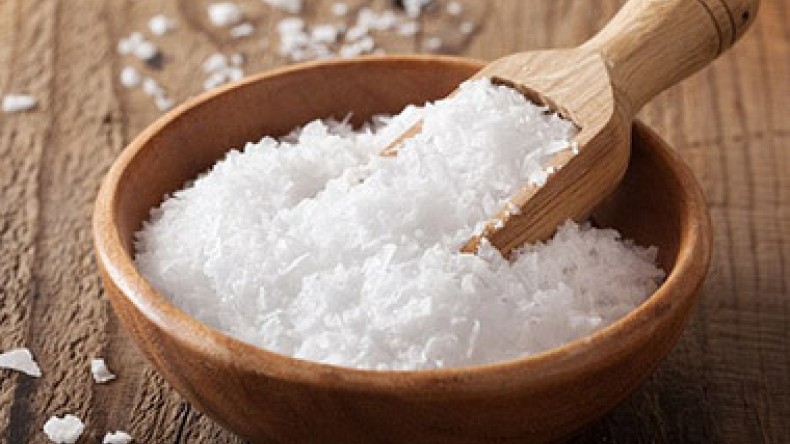
Eating salt can protect against skin infections – research
Eating too much salt may be bad for your heart – but it can protect against skin infections, research has found, the Daily Mail reports.
A high-salt diet causes sodium levels to build up in the skin, boosting the immune system to fight off the germs that cause bacterial skin infections, say scientists.
In an experiment, German researchers discovered that mice which were fed a high-salt diet healed infections in their feet more quickly.
This is because the salt had raised the activity of immune cells called macrophages, making their immune systems more responsive.
The findings, published in the journal Cell Metabolism, may also highlight how salt was once effectively used to ward off infections before antibiotics were invented.
Professor Jonathan Jantsch, of the University of Regensburg, said: 'Up to now, salt has been regarded as a detrimental dietary factor; it is clearly known to be detrimental for cardiovascular diseases, and recent studies have implicated a role in worsening autoimmune diseases.
'Our current study challenges this one-sided view and suggests that increasing salt accumulation at the site of infections might be an ancient strategy to ward off infections, long before antibiotics were invented.'
High levels of sodium stored in the skin, especially in the elderly, can lead to high blood pressure and increase the risk for heart disease and stroke, worsen autoimmune disease and even increase the risk of stomach cancer.
Professor Jens Titze from Vanderbilt University added: 'Despite the overwhelming evidence linking dietary salt to disease in humans, the potential evolutionary advantage of storing so much salt in the body has not been clear.'
Newsfeed
Videos






























